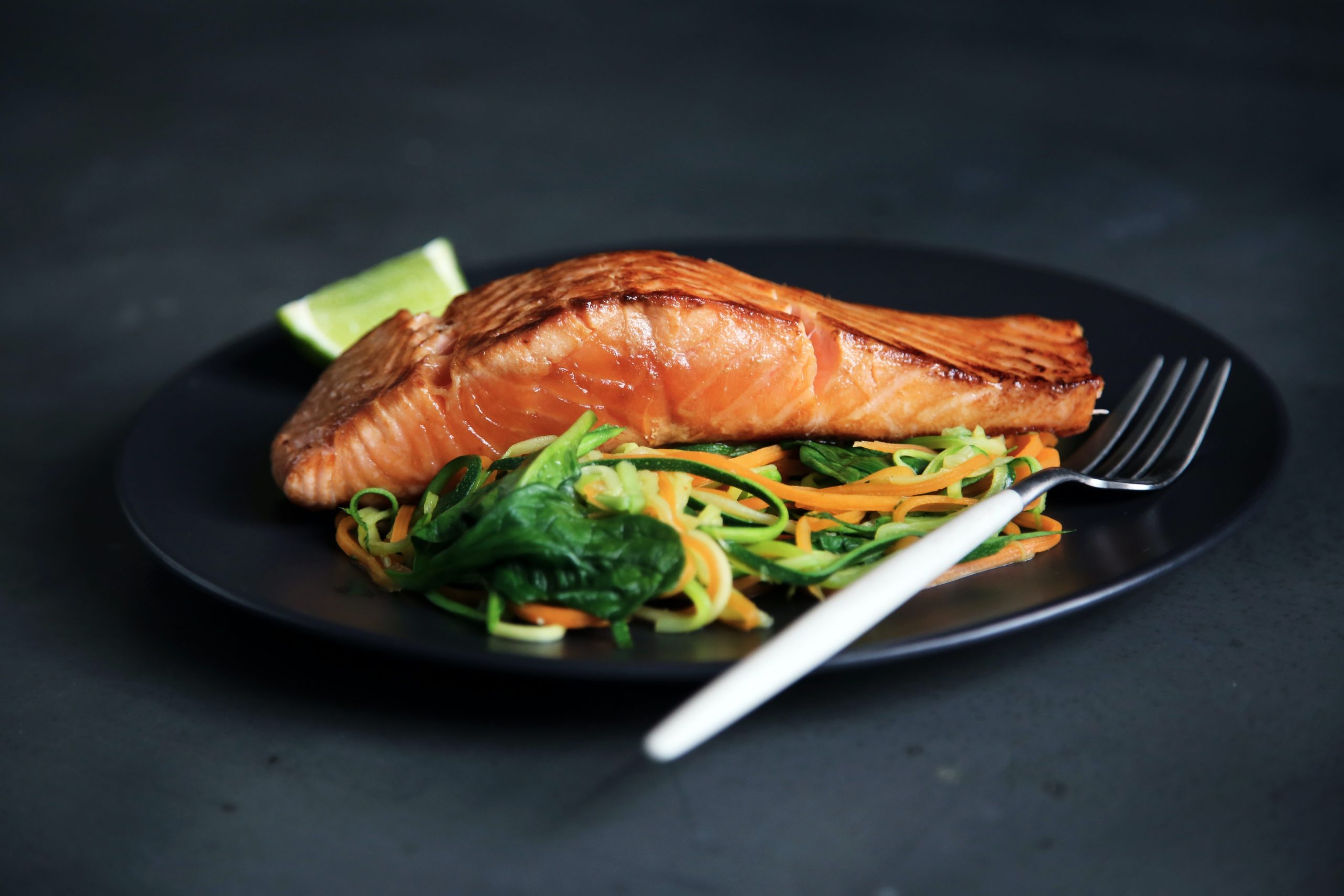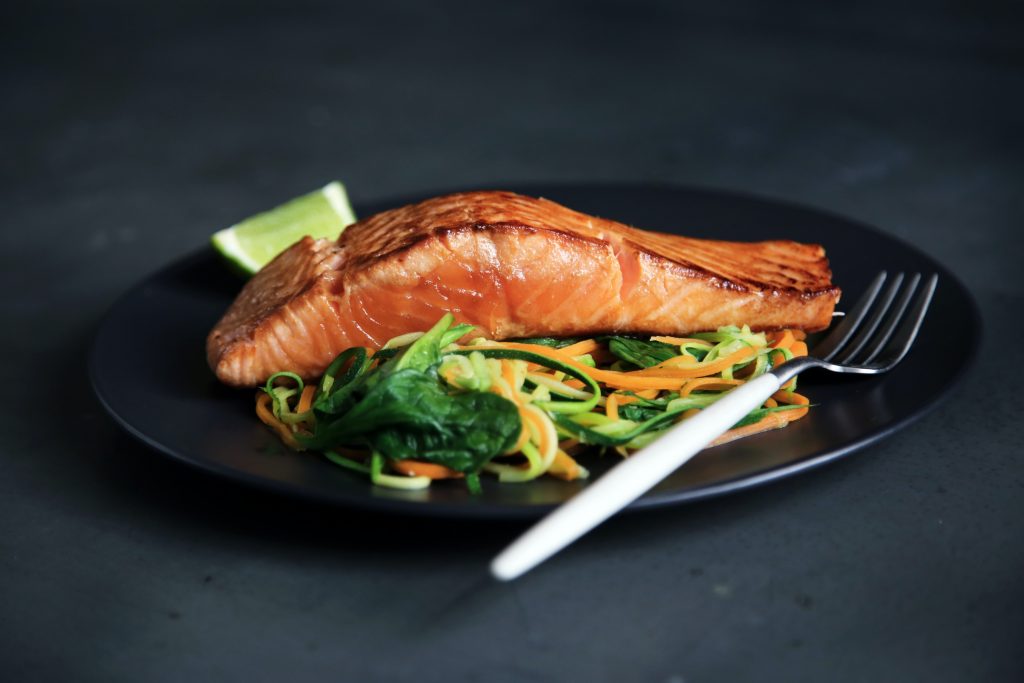
3 (A)
Proteins Equals Muscle
Your body requires complete proteins, which are typically derived from animals that have swum, flown, walked, or are capable of producing eggs and milk. These complete proteins are essential for maximizing muscle growth. Many people may not realize that sources of complete proteins include chicken, fish, seafood, eggs, milk, cottage cheese, and all dairy products. There are numerous options for obtaining the proteins necessary for muscle development.
In my view, complete proteins make more sense, as they often come from living organisms that, like us, breathe.

Conversely, there are incomplete proteins, which are commonly found in plant-based sources such as grains, legumes, nuts, and seeds. While these foods do contain protein, they may lack one or more essential amino acids in sufficient quantities. For instance, grains often lack lysine, while legumes may be deficient in methionine.
Protein is crucial for building and repairing muscles, which perform essential functions in our daily lives, such as walking and performing everyday tasks like reaching for a jar in the cabinet. When you lose muscle mass, it can lead to an increase in body fat. Muscle loss also slows down your metabolism, resulting in weight gain. This underscores the importance of protein, as it provides essential nourishment to our muscles. While I prefer complete proteins, I understand that some individuals may choose to avoid meat, fish, poultry, and similar sources. In such cases, it’s vital to learn how to combine plant-based foods to ensure you receive all the essential amino acids. This knowledge is key, but there’s no doubt that protein is absolutely indispensable for a healthy body.








